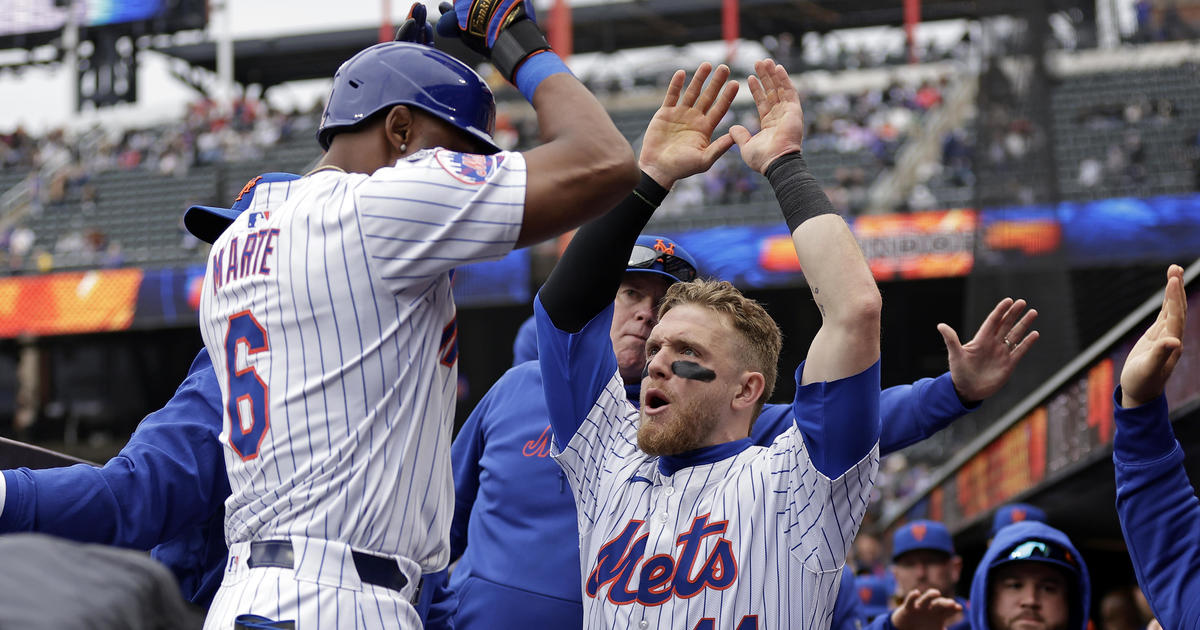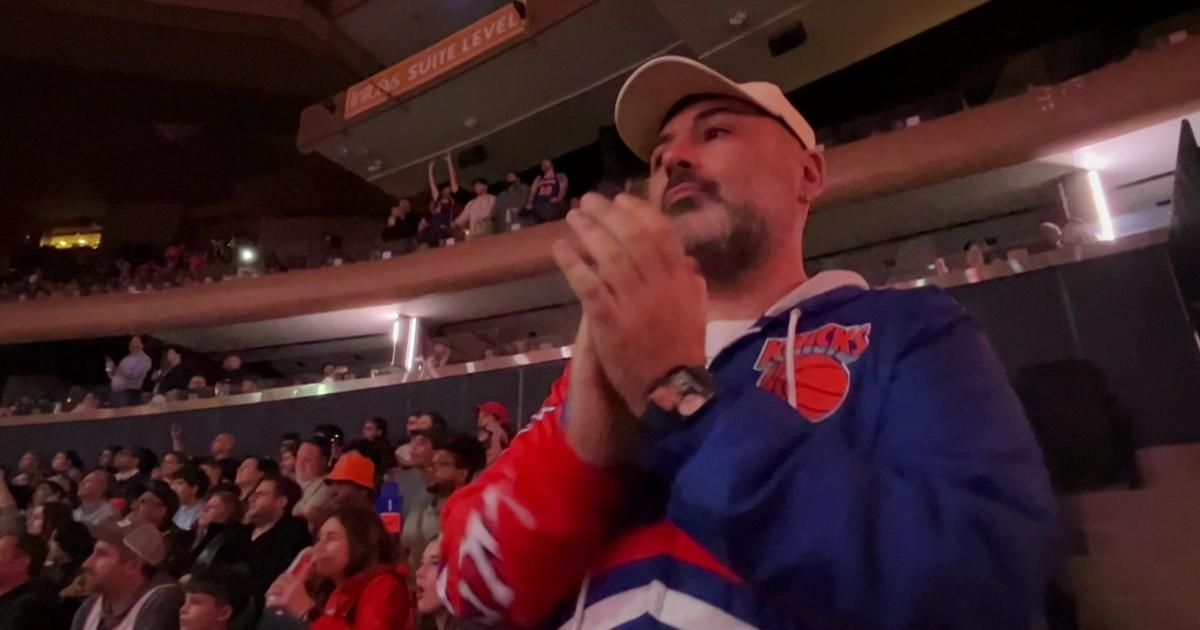Coutinho: Remembering Gil Hodges 40 Years Later
By Rich Coutinho
» More Columns
Even though it was 40 years ago today, I can remember it like it was yesterday -- my father coming into my room to give me the first dose of reality in my childhood life -- Gil Hodges, the man who managed my team to a World Championship, had passed away. I remember it hitting me like a ton of bricks in my 11-year-old stomach. It was my first exposure to the fact that people die. Obviously, I did not know Gil Hodges, but he was the leader of a team that won a World Series and made my team matter more than the other team in town. And being a Met fan who resided in the Bronx, that made me feel like he was part of my family.
To grow up in that era -- late 60's, early 70's -- you must understand it was a turbulent time and the country was all hyped up about the war in Vietnam, civil rights, and a variety of other topics that catalyzed a social metamorphosis in our country. And my neighborhood was no different. But when the topic of the Mets came up, all of us could agree the two people most responsible for transforming our team from a joke to a champion were Tom Seaver and Gil Hodges. Seaver was an absolute rock star in this town in a time when athletes like Joe Namath and Walt Frazier also reached that status.
But Gil Hodges was the man who made sure the Mets would no longer be a punchline and make no mistake about it -- he was the man in charge. The Brooklyn native was never afraid to make his presence known. Even in that magical year of 1969. In August after a summer of chasing the Cubs the Mets hit tough times and on a warm day at Shea Stadium, Hodges made a point that less than 100% effort would not be tolerated. Cleon Jones, who led the Mets with a .341 average that year, fielded a single in a very lazy fashion. The Met manager proceeded to walk towards the pitchers mound but kept walking and walking till he got to Cleon Jones in left field. He had a brief conversation with him asking the Met outfielder if he was hurting and when Jones said he was fine, Hodges told him to come with him because that lack of effort would not be tolerated.
And you know what? There was not an inch of complaining from Cleon because he knew the manager was right. There was no altercations in the dugout similar to the Reggie Jackson/Billy Martin confrontation nine years later. That is because Gil walked out there himself -- he did not send Paul Blair out to do it as Billy Martin did on that day in Fenway Park.
There were no back and forth newspaper articles debating the merits of the decision. Today we live in a different time and we all feel that we need consensus to validate every decision we make. Gil Hodges, having served in the US Marines, knew you can not run a baseball team like you run a church social. There is only one way to do things--his way. "Gil Hodges remains the most important influence on my career," says Hall of Famer Tom Seaver, "because he taught me what being a professional entails. It does not matter if you are playing before 500 people or a packed stadium, you must put forth effort. Sometimes you do not have your best stuff because you can't control that. But you can always control your effort."
Hodges was old school, but never afraid to try new things like a platoon systems in which certain position players would only play against certain pitchers. His platoon of Art Shamsky and Ron Swoboda in right field and Ken Boswell and Al Weis at second base made all four better players and kept them well-rested in the dog days of the late summer. He even tried positioning four outfielders against Frank Robinson in the ninth inning of Game 2 of the World Series to prevent the future Hall Of Famer from getting an extra base hit in a key situation.
What did watching Gil Hodges teach me? That dreams are not only permissible but they are mandatory. However, there are no shortcuts. Demand from others only what you would demand from yourself. And most importantly, loyalty towards the people you love is unconditional even in the most trying of times. I learned that from him even having never met him -- only watching him transform the Mets into champions.
So even at the age of 11, I knew how devastating a blow this was to the Mets. Sure, they would get to the World Series in 1973 with the players Hodges assembled but they would never really be the same until Frank Cashen took over this team in 1980. That is how important he was to the organization. And 40 years later, we should remember that. So, the next time you take your young son or daughter to Citi Field, talk about that #14 logo and why no Met will ever wear that number because when Gil Hodges took over this team in 1968, that was the first big step towards making "The Miracle Mets" a moniker that all New Yorkers would forever remember.
Thank you Gil Hodges.
Leave your memories of Gil Hodges below.



